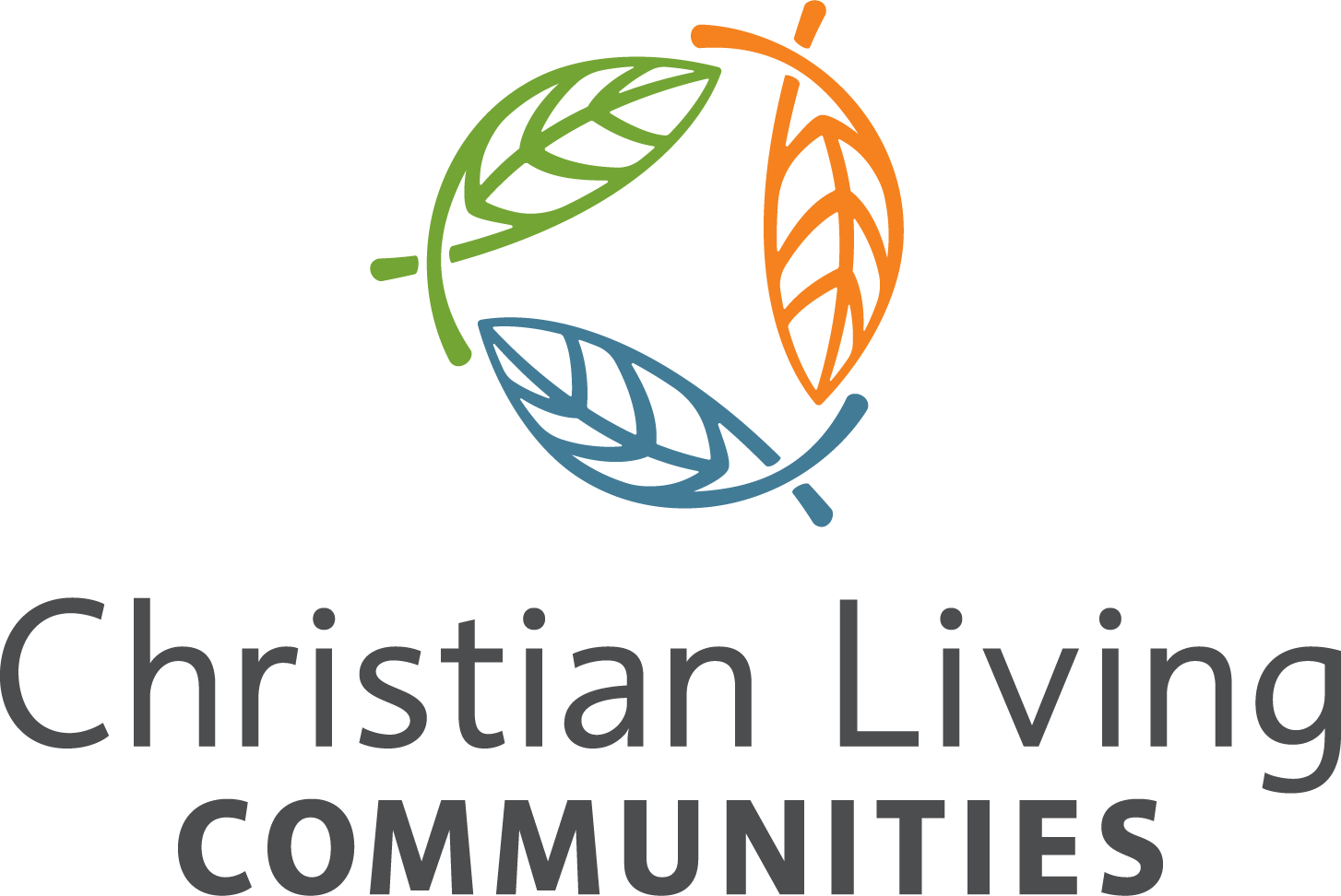Written By: Dan Swiatkiewicz | Vice President of Sales & Marketing at Christian Living Communities
Receiving a diagnosis of cognitive impairment, still commonly referred to as dementia, can be crushing. Many people, physicians included, feel that a dementia diagnosis is the end to any quality of life. We tend to shift the focus on what someone can do to what they cannot or will not be able to do in the future. We may assume that the person is no longer capable of making decisions. Reframing our thinking on how we view someone living with dementia is essential for their well-being and inclusion. Beginning to talk through the future and expectations is important when beginning the journey of living with dementia. One of those factors that needs to be considered is the possibility of needing care or a different living environment in the future. Finding the right senior living community when living with dementia will be key to one’s continued quality of life.
When to Start Looking for a Senior Living Community
Starting the search early for a senior living community is important. Most senior living professionals are accustomed to people needing a long time to decide on their next home. The sooner you start looking at options the more time you will have to revisit communities to try meals, attend events, get to know their staff, and learn their philosophies on aging and dementia care. Spending more time at a community prior to moving will help you feel a sense of belonging and determine where you truly fit. It is advisable for all parties involved in future decisions and care needs to sit down together to openly and honestly discuss timing and what the future looks like. This will help in deciding the right time to make a move.

Research Living Options
Determining what level of care you need is also a factor as you start looking for a community. Don’t assume that just because a diagnosis of dementia is involved you automatically need care or memory care. Many people with dementia live happily for years in their homes, in independent living communities or other non-care settings. The least restrictive level of care is always desirable for quality of life and well-being. Memory care is not automatically necessary just because of a dementia diagnosis. Memory care is necessary when someone living with dementia may be a safety risk to themselves or others and needs that additional support.
Focus on Well-Being
When starting the process of looking for a senior living community, make a list of what is important in your next home. This can include practical things like size of community, location, and budget considerations. I encourage you to put strong emphasis on what you desire in terms of quality of life and what will keep you living well with dementia.
In Dementia Beyond Diagnosis, author Al Powers talks about the fears that come along with a diagnosis of dementia: “Their fear comes from the loss of important aspects of a life worth living that are too often left at the door. What is missing is what I call well-being.”
Use a framework that will help you examine those things most important to your well-being both in the present and as a dementia diagnosis progresses in the future. An example is The Eden Alternative’s 7 Domains of Well-Being, which include Identity, Connectedness, Security, Autonomy, Meaning, Growth, and Joy. Make a list of what areas are most important to you and evaluate communities through this lens of well-being for yourself. This will help you to elevate or eliminate future communities.
For example, if Connectedness is important to your well-being, finding a community that has a strong sense of community and life enrichment would be important. Or if Meaning is most important to you, finding a community that will help you to continue to fully fulfill your sense of purpose would be important.

If you are a family member helping with the process, allow your loved one living with dementia to focus on what is best for their well-being. It is important that the person living with dementia is empowered and involved in this decision. Often friends or family members will evaluate safety over all other considerations. While safety in any community is important, if that is elevated over all other factors more important for your loved one’s well-being, they will not live well in that setting. Being patient and reassuring your loved one is important in helping them stay open and calm through the challenging moments of this journey.
Ask the Right Questions and Observe
Knowing what questions to ask is essential in choosing your next home. Put strong emphasis on asking team members questions about how they train their staff in working with people with dementia. Not accepting a surface answer here is important. Many communities say they provide extensive training, but the training may be a short online course that does not practically help caregivers support people living with dementia. Going back to your list of what is important to your well-being, ask questions of the community about how they can help you fulfill those aspects most important to you living well. Make a list of these questions prior to your first meeting and any subsequent meetings.
Take time to listen to the words the communities use in explaining their philosophies around dementia care and the questions they ask of you. Are they asking questions mostly about your physical and medical needs? Are they using medical and institutional language such as the word “behaviors”? What our field has referred to in the past as “behaviors” is really a person expressing an unmet need. Generally, meeting those needs is not based on a medical answer, but in treating the person as a whole and knowing creative ways to meet that individual’s needs. A heavy focus on medical interventions may indicate a community is not focused on the well-being of the whole person living with dementia.

When touring and visiting communities, take the time to observe. How do staff members interact with residents? Do residents look well cared for and happy? Is the community free from unpleasant odors? Do you hear laughter and positive interactions among both residents and staff? Have a meal and try the food – is it nutritious and does it taste good? These observations combined with your fact-finding and learning more will help you be able to make the decision that is going to be best for your well-being.
Receiving a diagnosis of dementia certainly can be scary and difficult. However, it does not mean an end to a life full of quality and positive living. Senior living or skilled nursing care may never be necessary for someone living with dementia, but it is a possibility that needs to be considered. Focusing on your well-being now and into the future is key to finding a place where you can call home and continue to live well.
About the Author
Dan Swiatkiewicz is the Vice President of Sales and Marketing for Christian Living Communities, a non-profit senior living organization based in Englewood, CO. Dan is passionate about changing how we think of aging and many of the perceptions of senior living. He is the Secretary of the Eden Alternative Board of Directors and an alum fellow of the LeadingAge Leadership Academy.


